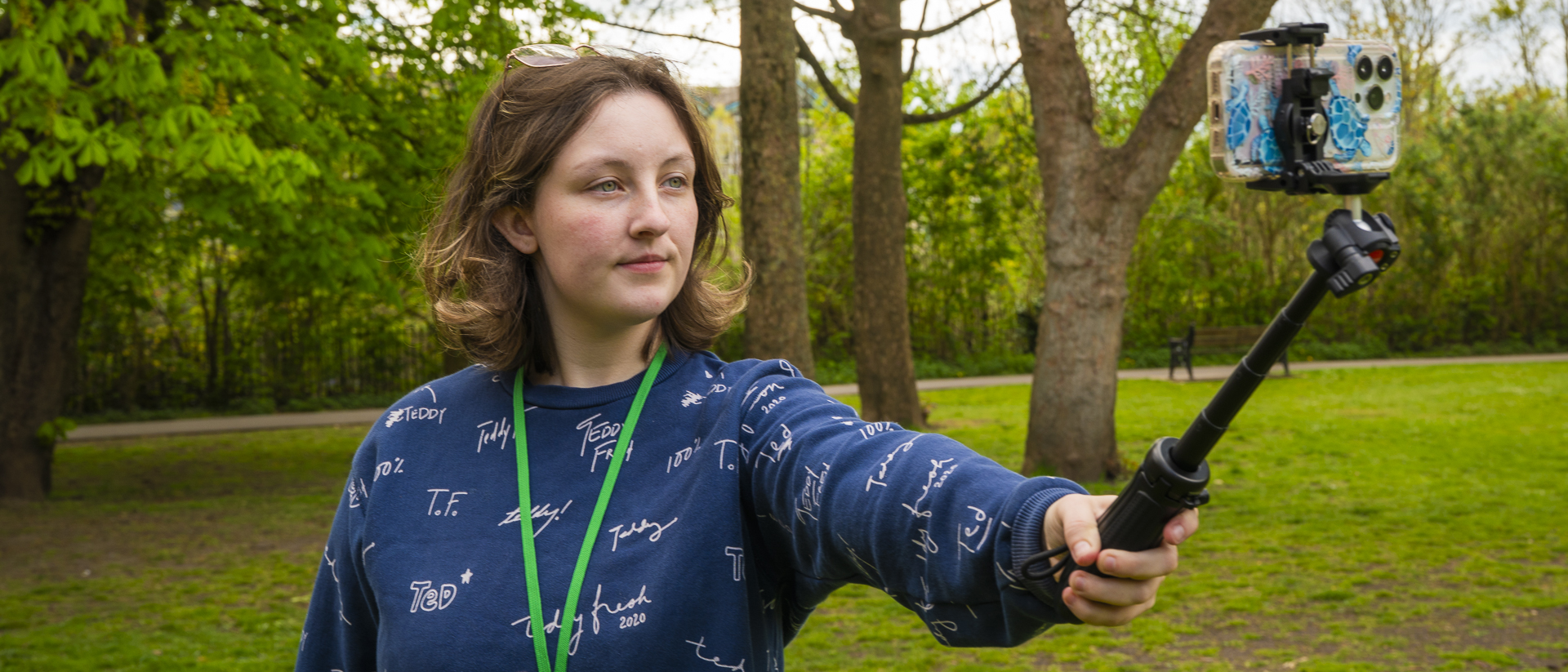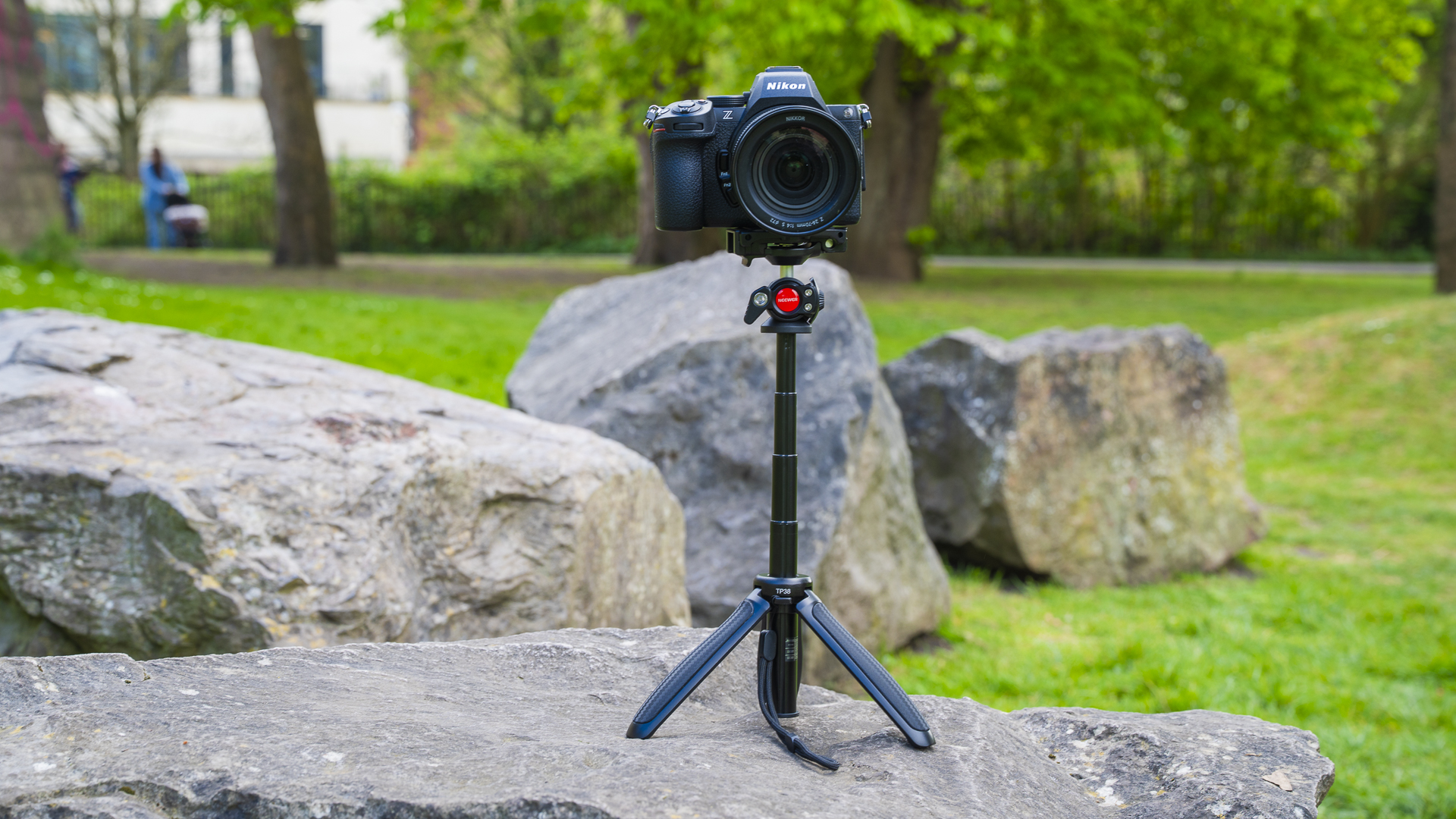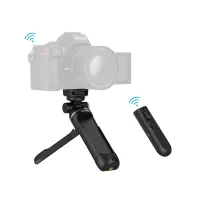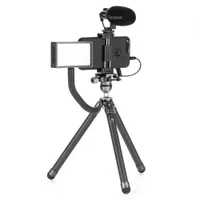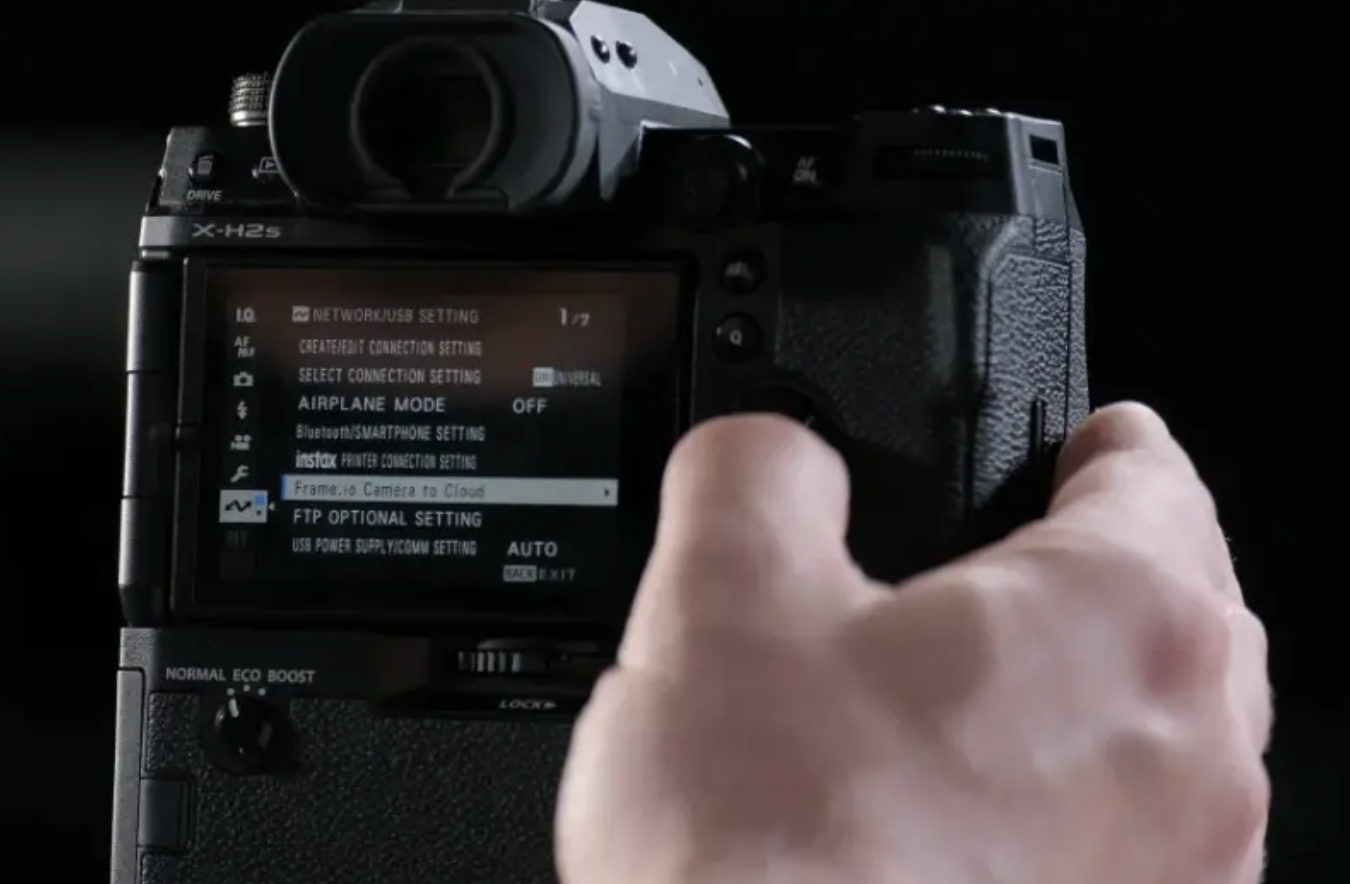Digital Camera World Verdict
Camera accessories brand Neewer has made a name for itself for well-designed, good-quality camera products at an attractive price, as is the case with the TP38 mini-tripod and selfie stick. It doesn't go as high as some, but offers a small yet solid support. Its standout feature is its two-in-one camera plate and phone cradle that forgoes the need for fiddly attachments and makes it ideal if you frequently switch between shooting with a phone and a 'proper' camera.
Pros
- +
Combined camera plate and phone cradle
- +
Comfortable contoured grip
- +
Substantial mini-ball head
Cons
- -
38cm (15in) extension is not particularly long
- -
No locking mechanism on extending column
- -
Unstable for vertical shooting with larger cameras
Why you can trust Digital Camera World
The Neewer TP38 is a two-in-one desktop mini-tripod and selfie stick that can support a camera or smartphone. There are many similar products on the market, but what sets this apart from its competitors is a cleverly designed mount that transforms from a flat camera plate to a grippy smartphone cradle, thanks to a pair of fold-out flaps.
Neewer TP38: Specifications
Max load | 1.5Kg (3.3lb) |
Weight | 300g (10.6oz) |
Size | 210x75x45mm |
Extended height | 380mm (15in) |
Neewer TP38: Price
The Neewer TP38 Desktop Extendable Tripod Selfie Stick has a list price of $29.99 / £28.99 / AU$59.99, which isn't a bad deal in its own right, but is frequently discounted on sites like Amazon. There are a lot of extending tripods on the market, and this compares well, particularly since it's equally suitable for supporting cameras and smartphones without having to attach add-on cradles.
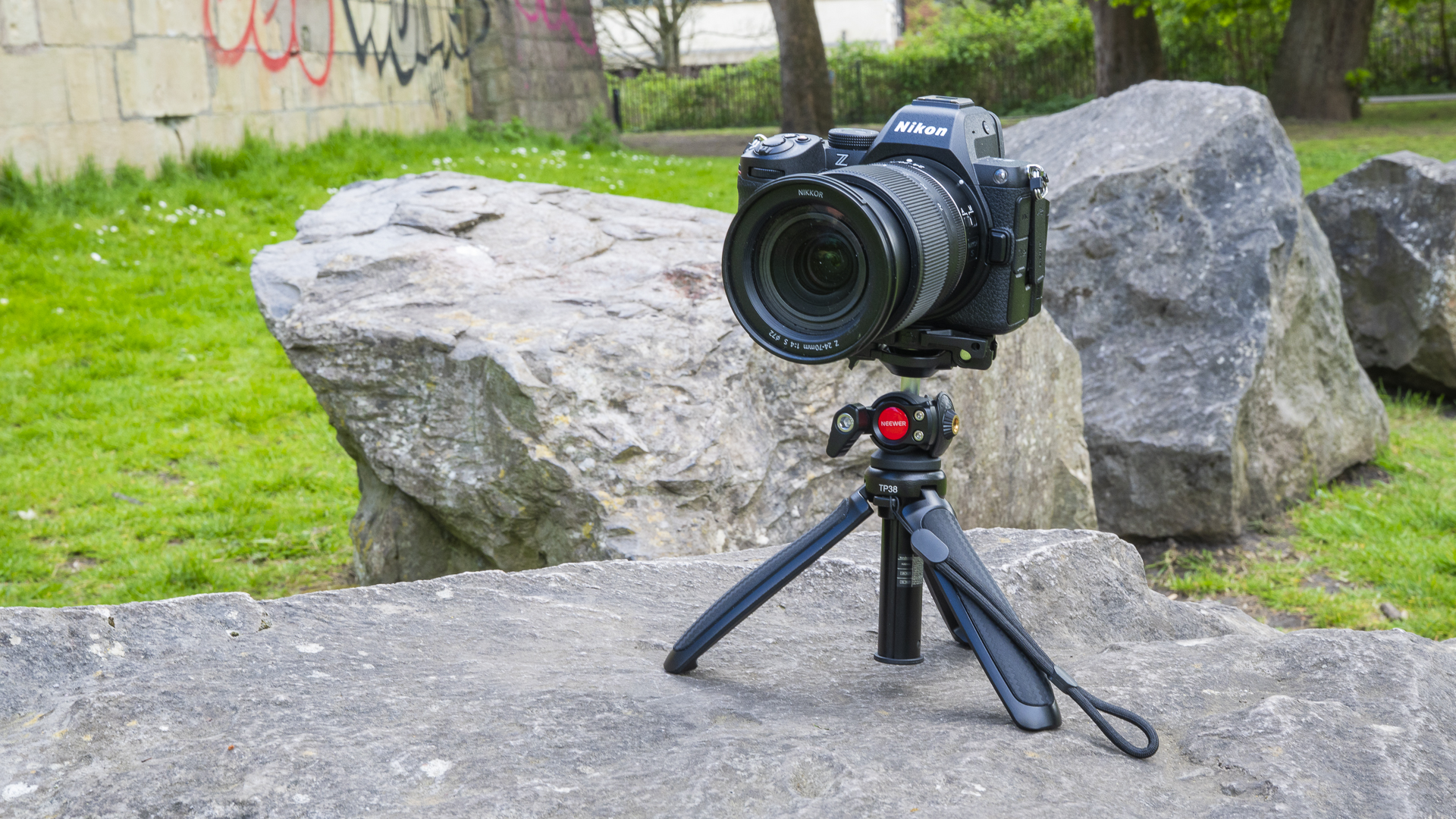
Neewer TP38: Design & Handling
When folded together, the contoured legs provide a comfortable grip with rubberized coatings. The central column has a four-section telescopic design, which pulls out smoothly to extend the length of the stick from 210mm (8.2in) to 38cm (15in). There's no locking mechanism, but the column provides a reasonable amount of resistance; you simply pull it to its desired height and rely on friction for it to stay put.
The camera attachment plate is thoughtfully designed, converting from a flat plate for supporting cameras to a cradle for gripping phones. A pair of flaps fold out to form the cradle, one of which has a spring mechanism to allow it to be snugly attached to phones of different sizes.
The handle is formed from three tripod legs that fold out equidistantly to form a reasonably solid platform that is capable of supporting a full-frame mirrorless camera, complete with a substantial standard zoom lens. The tripod base can be used in conjunction with the extending center column to offer a variable shooting height.
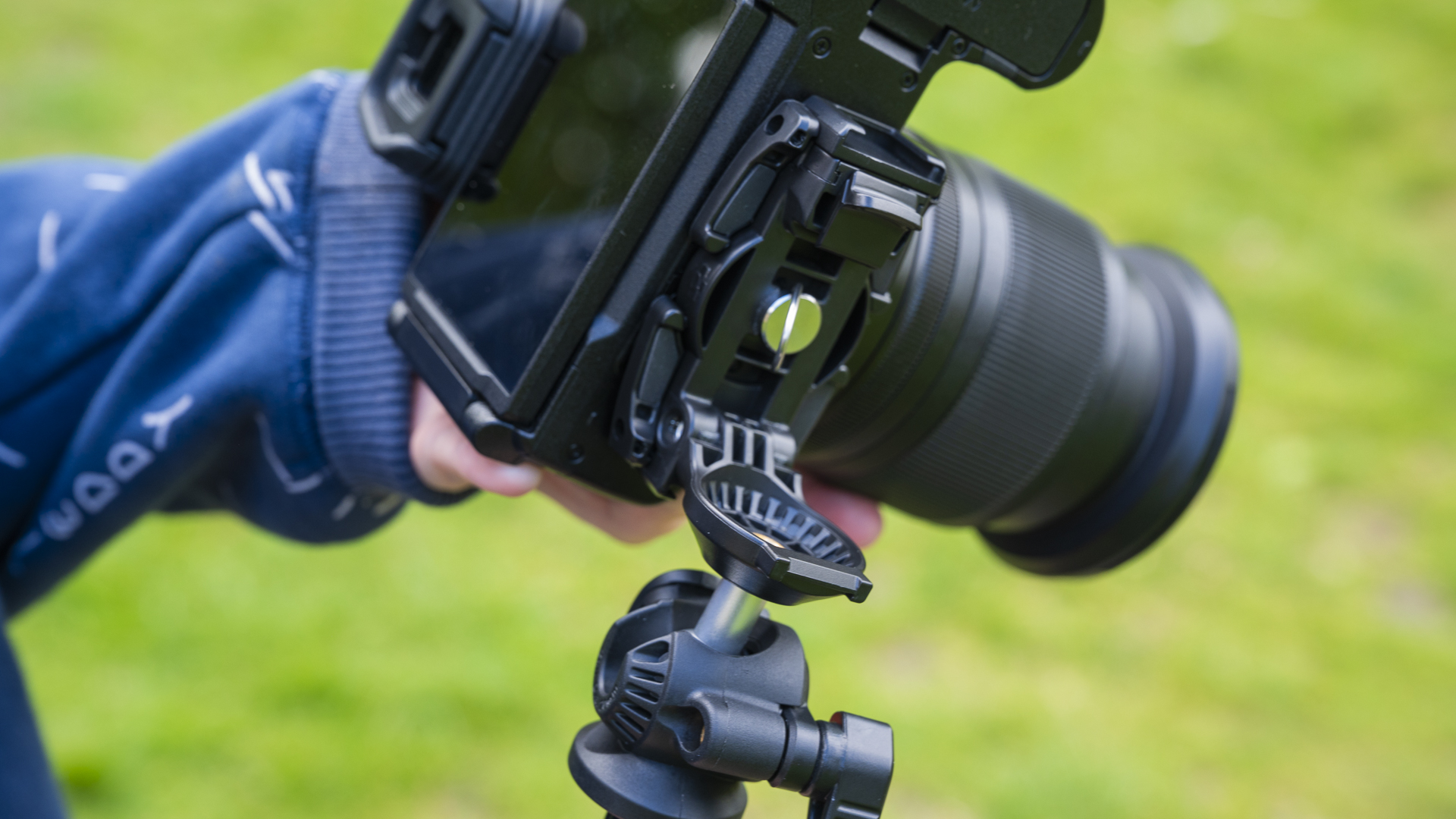
Neewer TP38: Performance
The TP38 is a well-engineered device that feels more robust than some tabletop tripod/selfie stick combos. Atop the stick is a mini ballhead with a locking knob. With a 20mm diameter, it's more substantial than on many mini-tripods and feels like it could, perhaps, hold more than the 1.5kg the device is rated for. I suspect this limit is due to the non-locking extension column, as friction alone can only support so much weight.
The center column extends to around 38cm (15in), and can be used both in selfie stick and tripod mode. It's necessarily stiff and requires a bit of force to pull out, but I found it stayed in position without sagging.
The best camera deals, reviews, product advice, and unmissable photography news, direct to your inbox!
The legs splay widely enough to support a reasonably large camera and lens combo when shooting horizontally, but while a recessed notch on the ball head enables it to be flipped by 90 degrees for vertical orientation shooting, I would only recommend this when using a phone or very light compact camera, due to the danger of it overbalancing when a bigger camera is attached. This same recess enables the head to be positioned for the camera to point back at you at a suitable angle when used in selfie stick mode.
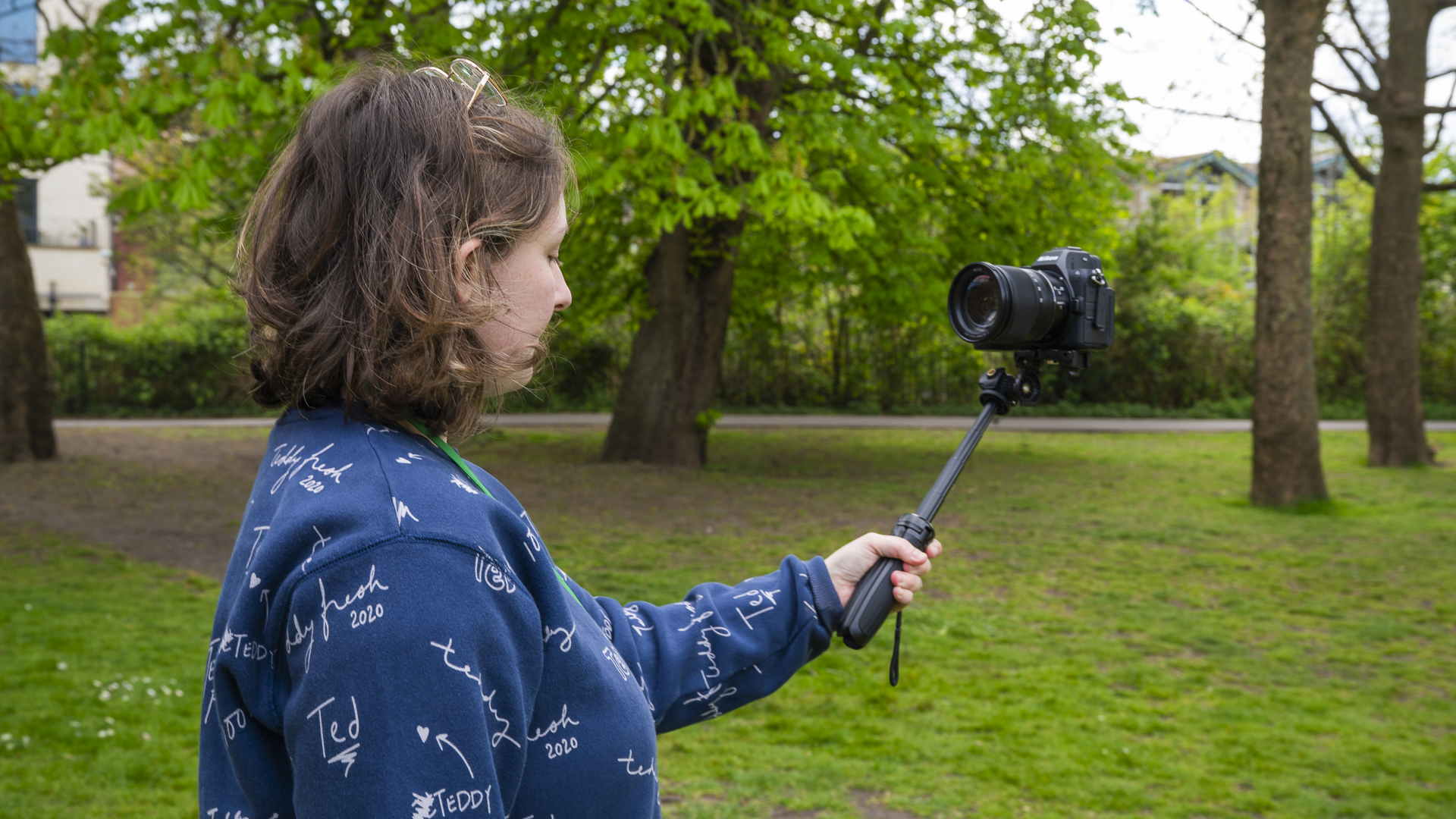
Neewer TP38: Verdict
The Neewer TP38 is a small but solid support that offers a limited amount of extension when used both as a selfie stick or tripod via its telescopic center column, but there are certainly longer devices available if maximum height is important to you.
The head is well engineered and the mounting plate is particularly well thought out, easily converting from a camera plate to phone cradle. If you need a device that supports both regular cameras and phones that is available for a sensible price, then this is a good option.
Features | A nicely designed but fairly simplistic selfie stick and mini-tripod | ★★★☆☆ |
Design | The camera plate that converts to a phone cradle is cleverly designed | ★★★★☆ |
Performance | Works well for both phones and cameras but not so good for vertical shooting with heavier bodies | ★★★☆☆ |
Value | Available at an attractive price, it's a good value buy | ★★★★★ |
Alternatives
The SmallRig Sr-RG2 doesn't extend quite a long and doesn't work with phones without an add-on cradle, but comes with a Bluetooth remote that takes care of shooting, recording and zooming to make vlogging or shooting selfies without the self-timer a cinch.
The Benro Tabletop Flex is a much more versatile mini-tripod, with both solid and flexible legs enabling it to extend to relatively lofty heights. Its 3kg load rating is double that of the Neewer TP38 too, though it works less well as a selfie stick.
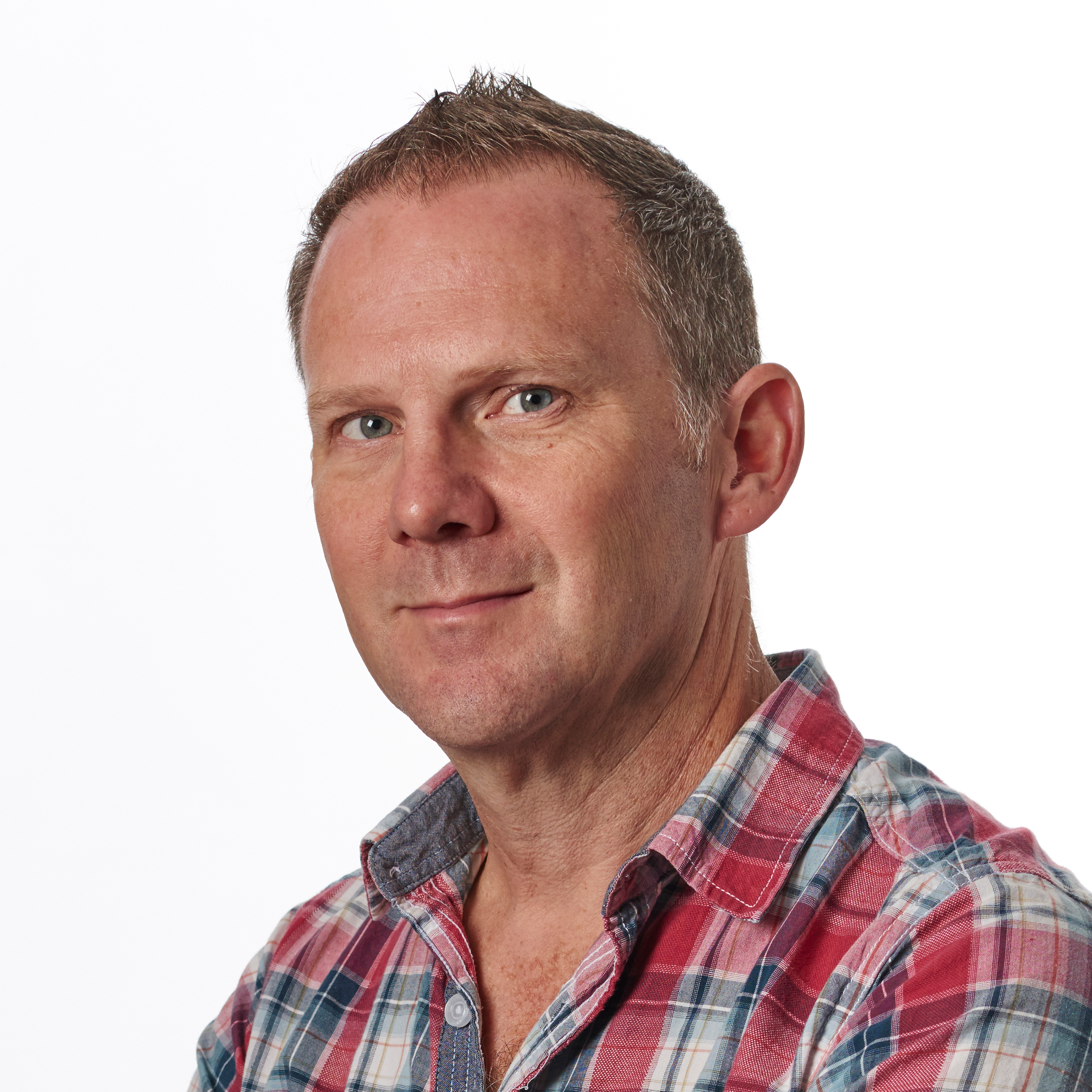
Prior to joining digitalcameraworld.com as Guides Editor, Adam was the editor of N-Photo: The Nikon Magazine for seven years, and as such is one of Digital Camera World's leading experts when it comes to all things Nikon-related.
Whether it’s reviews and hands-on tests of the latest Nikon cameras and lenses, sharing his skills using filters, tripods, lighting, L brackets and other photography equipment, or trading tips and techniques on shooting landscapes, wildlife and almost any genre of photography, Adam is always on hand to provide his insights.
Prior to his tenure on N-Photo, Adam was also a veteran of publications such as PhotoPlus: The Canon Magazine, so his wealth of photographic knowledge isn’t solely limited to the Big N.
You must confirm your public display name before commenting
Please logout and then login again, you will then be prompted to enter your display name.
